Panama Elida Estate | Introduction to the BOP Estate. Boquete in Boquete is a town in the province of Chiriqui, located near the border between Panama and Costa Rica, close to the famous Baru volcano, with beautiful scenery, fertile and rich soil, and a climate and soil that are very suitable for producing high-quality coffee.
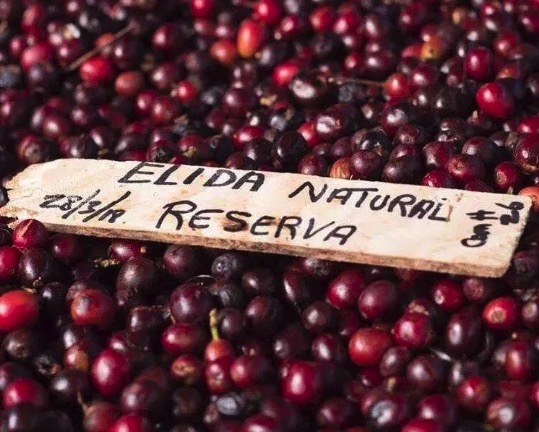
The microclimate available in the highlands of Boquete, Panama is an essential and unique resource for the fine coffee in the Boquete region; this is the east-to-west environment in Panama that allows the cold air current to converge above 6,500 feet through the central mountains, resulting in a variety of microclimates in the Boquete region, making the temperature and rainfall very suitable for the growth of plants, so the coffee trees planted here grow very well.
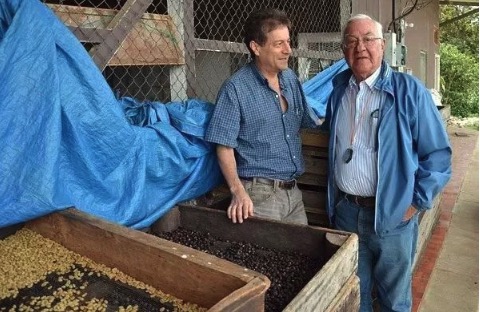
Panama’s Elida Estate is located in the well-known fine coffee production area in Panama – Boquete. The total area of the Elida Estate is 65 hectares, and more than half of it is within the scope of the Baru Volcano National Park. Only 30 hectares of the estate are used to plant coffee trees, and the rest are still primeval forests. The altitude of coffee planting ranges from 1,670 meters to 1,850 meters, making it one of the two coffee estates in Panama with a high altitude (the other estate with such an altitude is located in the Carmen Valley, the Carmen Estate.).
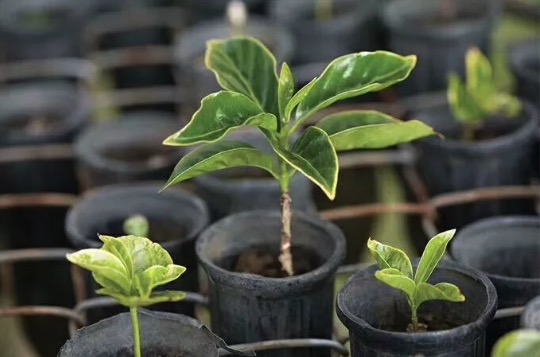
In such a high-altitude environment, the low temperature causes the delay of the ripening period of the coffee berries, which is about a full month later than the normal ripening period; and the fertile volcanic soil provides sufficient nutrients for the coffee, coupled with the very good microclimate brought by the Baru volcano, allowing the Elida Estate to frequently achieve good results in cup testing competitions.
There are mainly three varieties planted in the Elida Estate, namely Catuai, Typica, and Geisha. The processing plant of the estate is located on the halfway up the mountain. After the coffee is picked, it can be transported to the factory for processing in the first time to ensure that the quality of the coffee fruit is not affected. Of course, the environment of Elida is also suitable for growing other high-quality temperate crops, especially tree tomatoes and some uncommon high-altitude fruits.Interestingly, the taste of these fruits can often also be found in Elida’s coffee.
In addition to the unique super-high altitude and microclimate, Mr. Wilford, the owner of the estate, also put in quite a lot of effort in the harvesting and processing. In order to meet the highest standards, the coffee of the Elida Estate only allows the hand-picking of the ripest coffee fruits (Ripe on Pinton). The ripeness of the fruits is high, and the sugar content of the pectin is naturally high, which is also the basis for producing the high-quality flavor of Elida.
Apart from the unique super-high altitude and microclimate, Mr. Wilford, the owner of the estate, is also more rigorous in the “purification” after the raw bean processing. For Panama Elida, after the raw bean processing is completed, it needs to go through more than 5 months of low-temperature Resting to remove the green color, which can allow the flavor of the coffee to have a more balanced and full development. (Low-temperature Resting is a raw bean purification concept that has been vigorously promoted by coffee master George Howell since 2006. We found that the raw beans in the subtropical area do need to be placed at a low temperature, but the different processing methods and altitudes will change the time of low-temperature Resting. For Panama Elida, 5 months of low-temperature Resting is the best.).
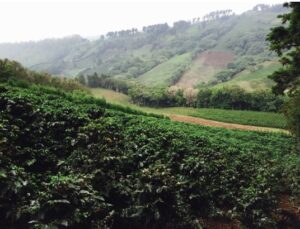
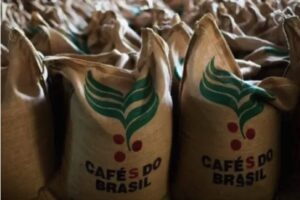
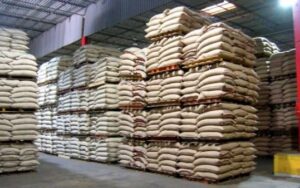
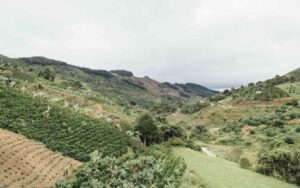
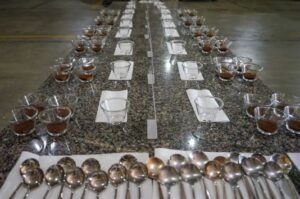
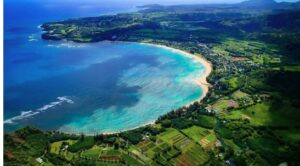
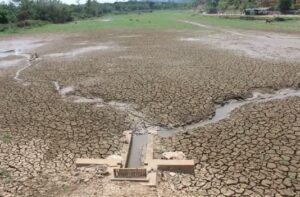
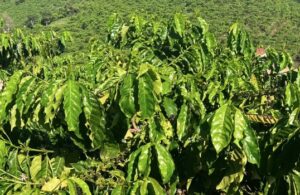
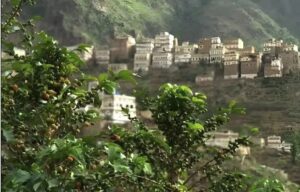

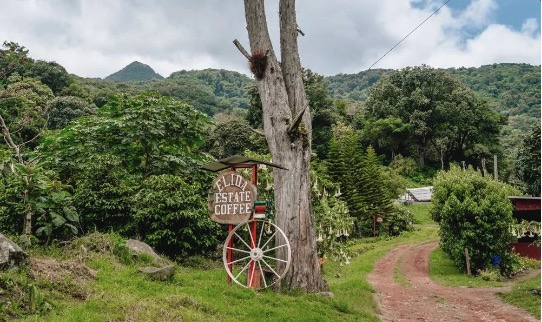
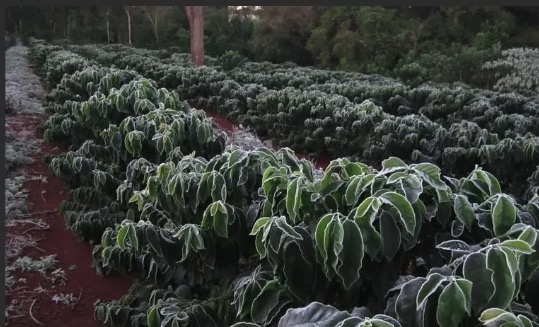
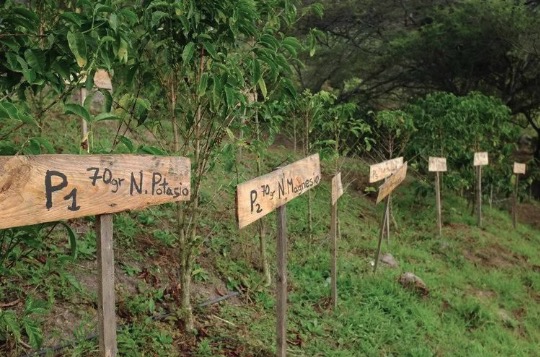
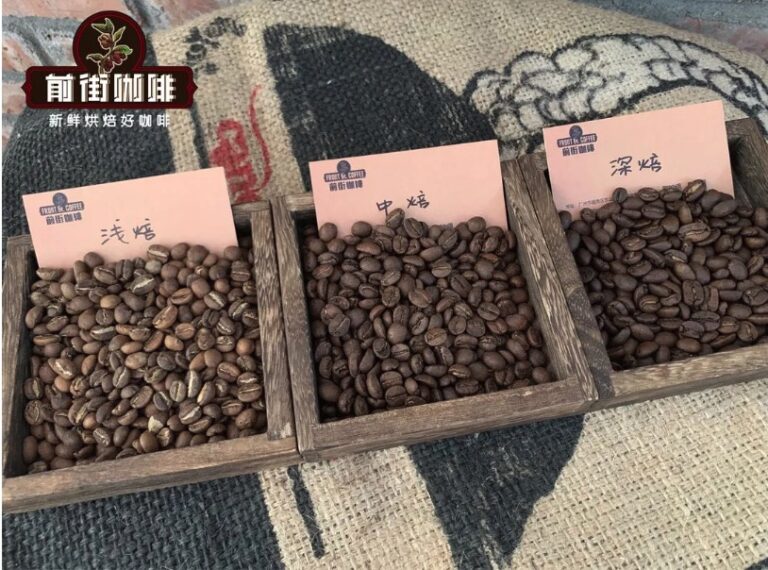
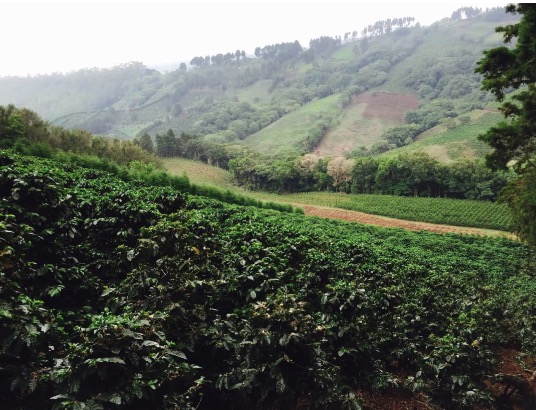
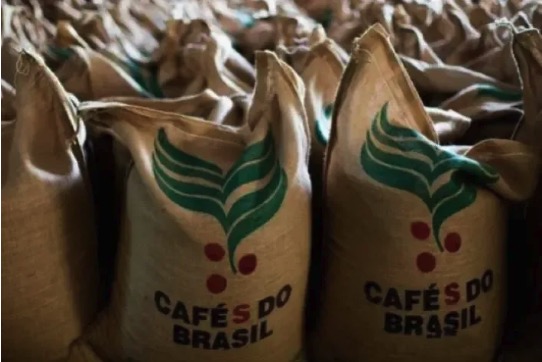
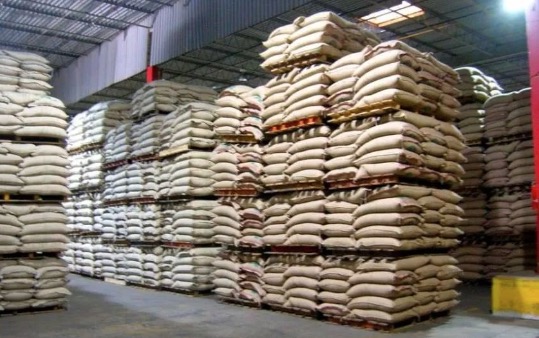
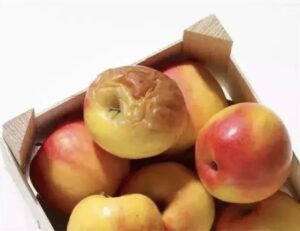
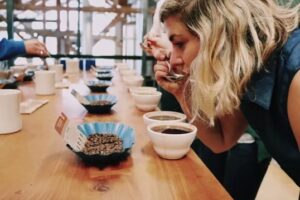
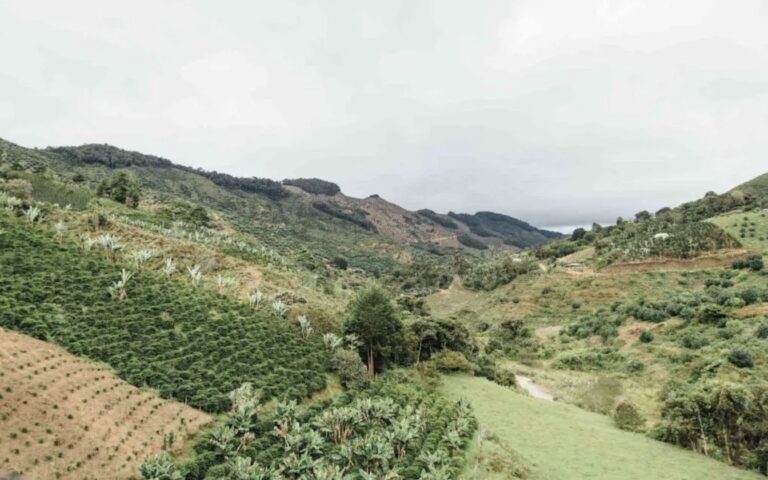
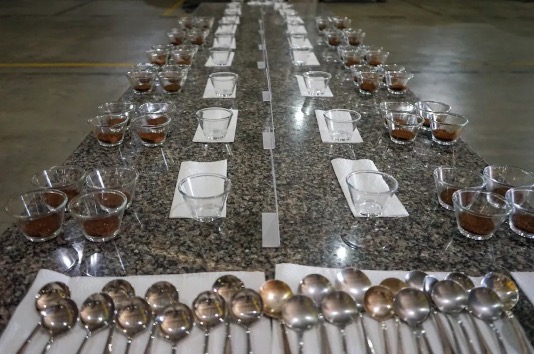
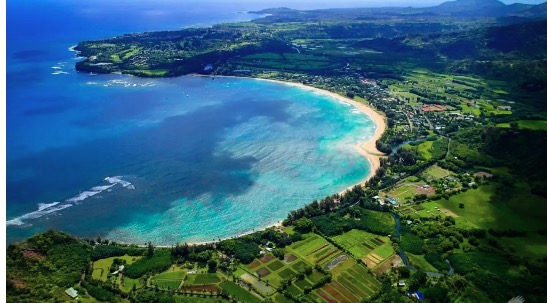
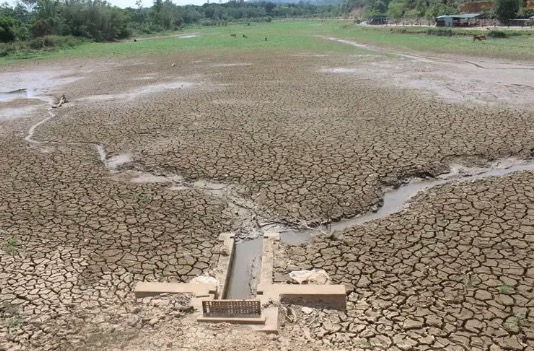
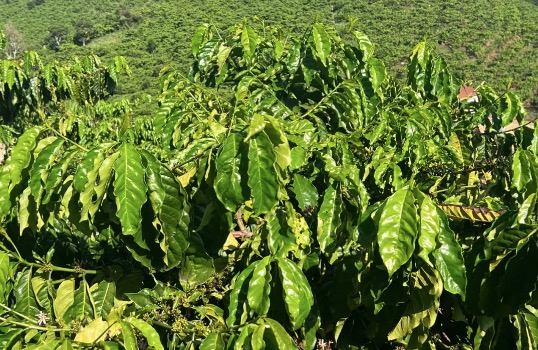
+ There are no comments
Add yours